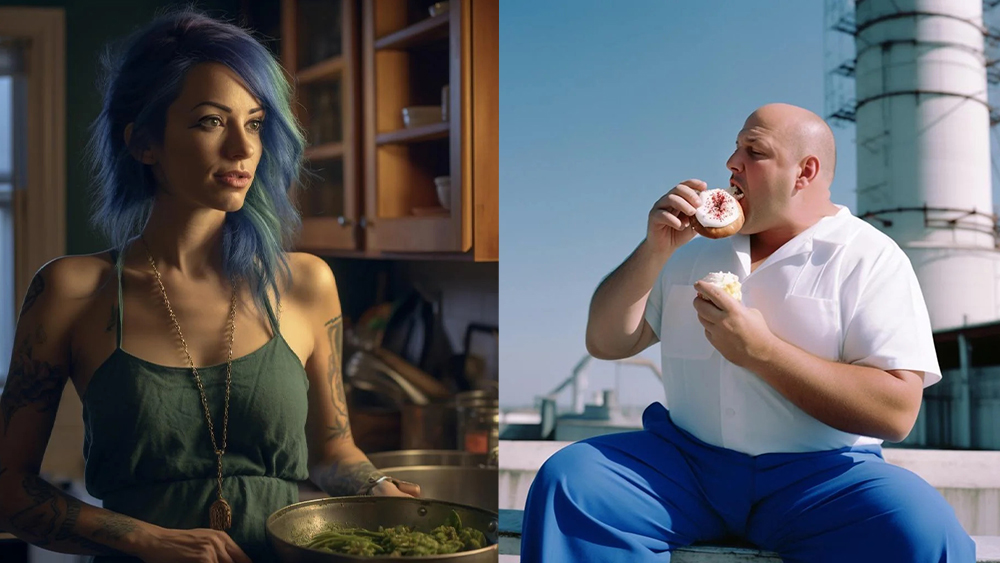
Just a year after the first text-to-image AI art models began to emerge, the web is now so saturated with AI takes on popular cartoons and films (yes, mainly Wes Anderson) that it now barely raises an eyebrow. What a few months ago seemed like mindblowing alchemy has quickly become a bit 'meh'.
Sure the results look ever more photorealistic, but that's almost not impressive anymore. They still look weird and creepy, and they still look like AI. But a recent batch of AI-generated Simpsons characters has tapped into something that's actually quite a serious debate around the results generated by the best AI art generators.
My take on the real life Simpsons from r/midjourney
Reddit user u/Crows_HeadIC posted a series of AI Simpsons characters created using Midjourney, from Homer, Marge and Bart to Smithers and even Groundsman Willy. But while they look kind of photorealistic in a creepy hyperreal sort of way, many don't exactly fit the personalities of The Simpsons characters we know.
Some of the AI-generated characters appear to be wildly different ages to their cartoon selves, and way too good-looking. Homer and Marge might already have been something of an odd couple, but their AI versions are an even stranger match. Perhaps Patty and Selma are the only characters that we might recognise.
"Something doesn’t add up. Can someone explain?" one person asked when the debate spilled over onto Twitter. "Why does she have tattoos? That's not very Margelike," one person wrote on Reddit. "Why is Homer buff as hell?, someone else asks.
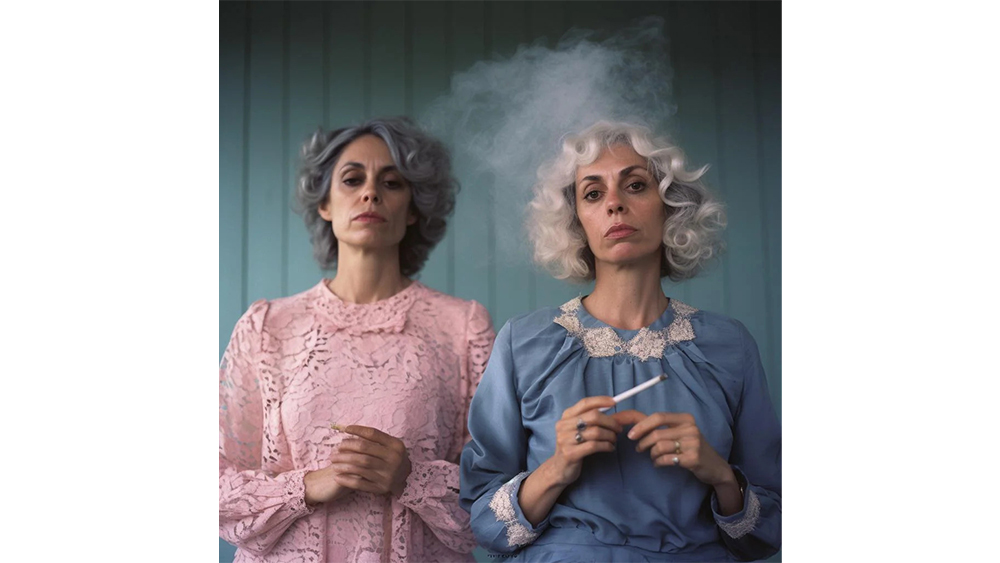
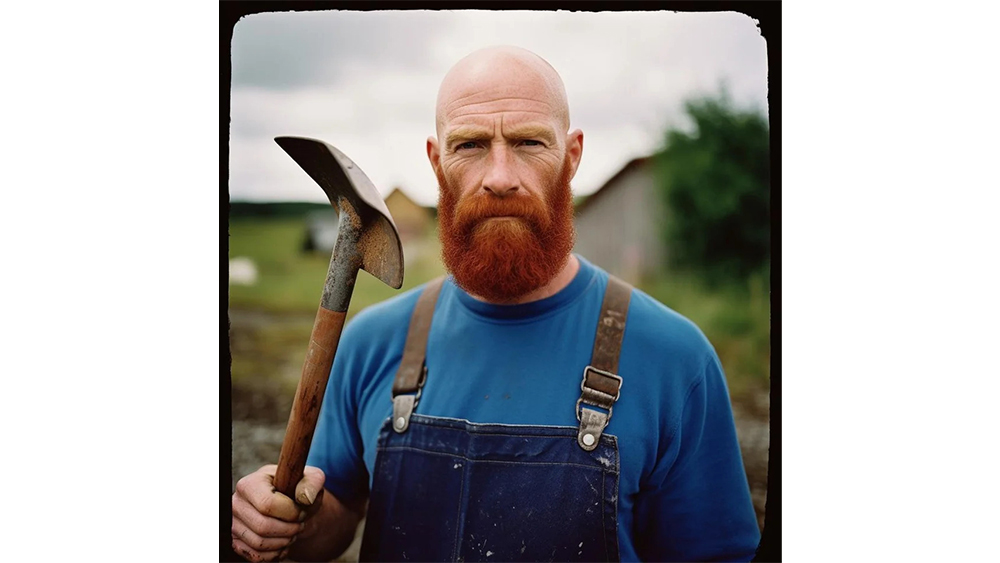
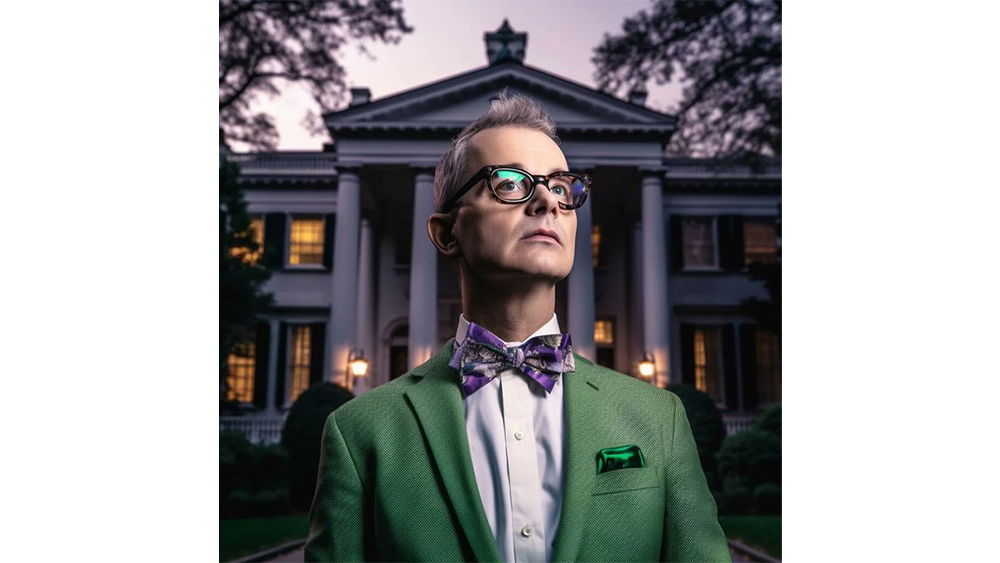

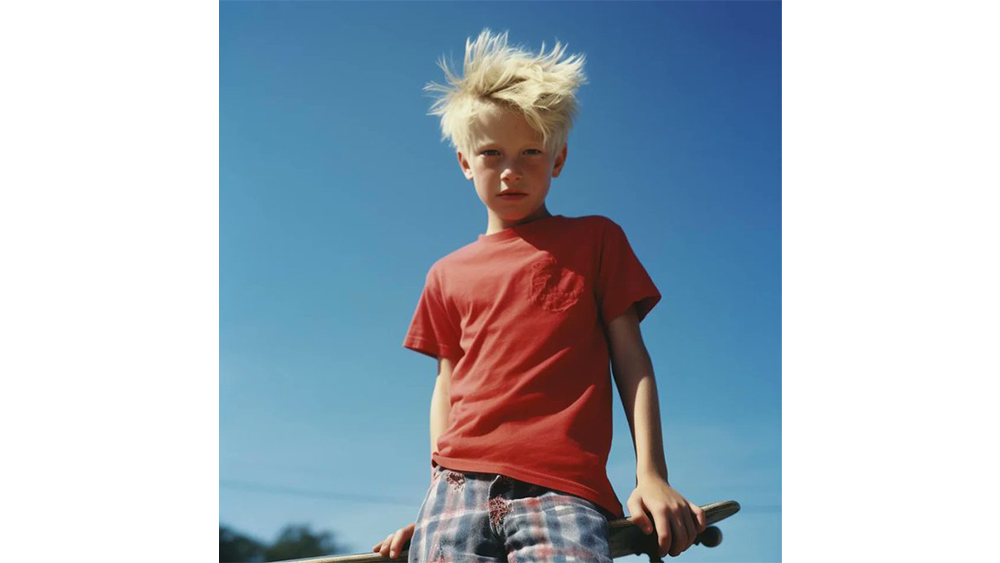
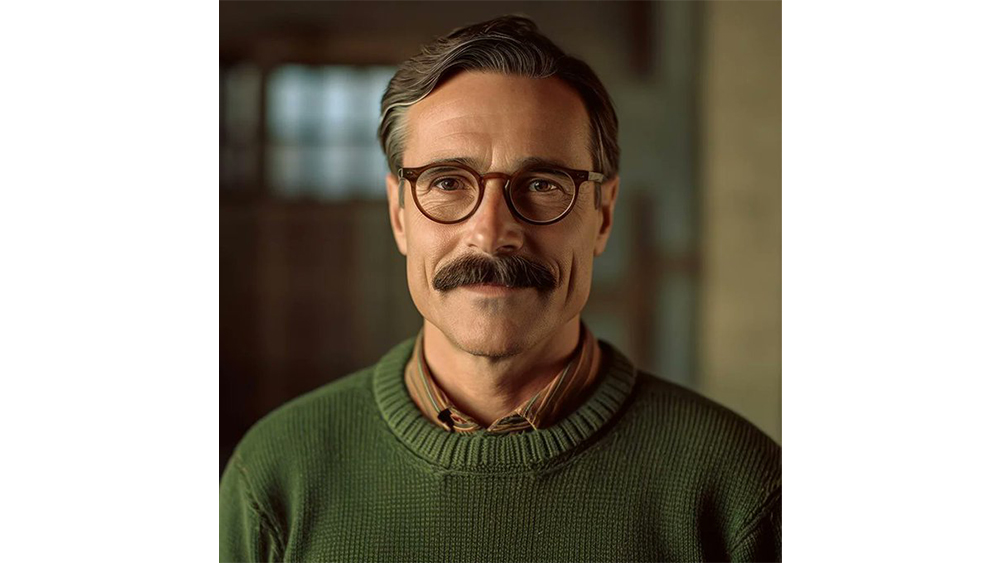
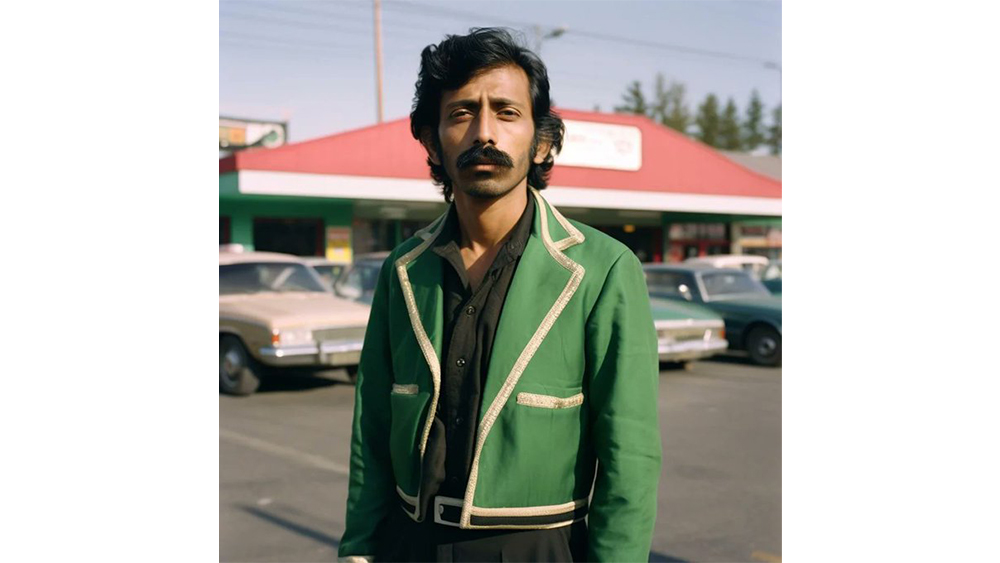
It's possible that the user didn't try refining their prompts to get more faithful results, but some users have pointed out the images might illustrate an inherent issue in AI image generators. As one Reddit user puts it, they're "Midjourney is incapable of creating ugly people".
AI image generators are trained on images scraped from the internet, which means their training data tends to be disproportionately skewed by the inclusion of a lot of professional models and celebrities. Some believe this leads to an inherent bias, in which AI generations of human characters tend towards certain features and body shapes – even if they're supposed to be based on cartoon characters.
Some Midjourney users think the initial training bias is further exaggerated by users rating the model's generations. "You can like a result if it fits what you had in mind, which tells MidJourney that it is on the right track. Beauty bias could make us more likely to be more satisfied with pictures of beautiful people," one person commented on Reddit.
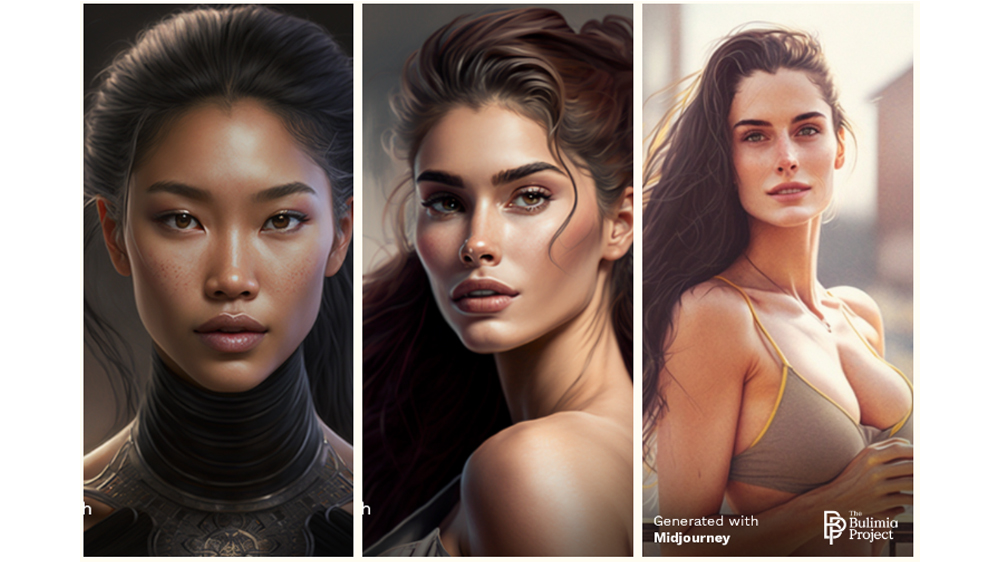
The Bulimia Project recently carried out a study into how Dall-E 2, Stable Diffusion, and Midjourney distorted perspectives on male and female body types. It found that 40% of AI-generated images overall depicted unrealistic body types and that when it comes to women, images tended to have a bias toward blonde hair, brown eyes, and olive skin. It fears the surge in AI-generated content will only add to the negative influence that social media can have on users' body image.
Meanwhile, many users of AI generators have commented on images of attractive women showing up for entirely unrelated prompts. We've also seen a lot of controversy around AI selfie-generators like Lensa AI, which has a tendency to 'undress' female users.
The issue of bias is yet another one of the reasons that AI image generators remain so controversial (along with the issues of copyright and authenticity). Nevertheless, they're here to stay, so we're going to have to learn how to manage them. To learn more about how they work, see our guide to the best AI art tutorials.







